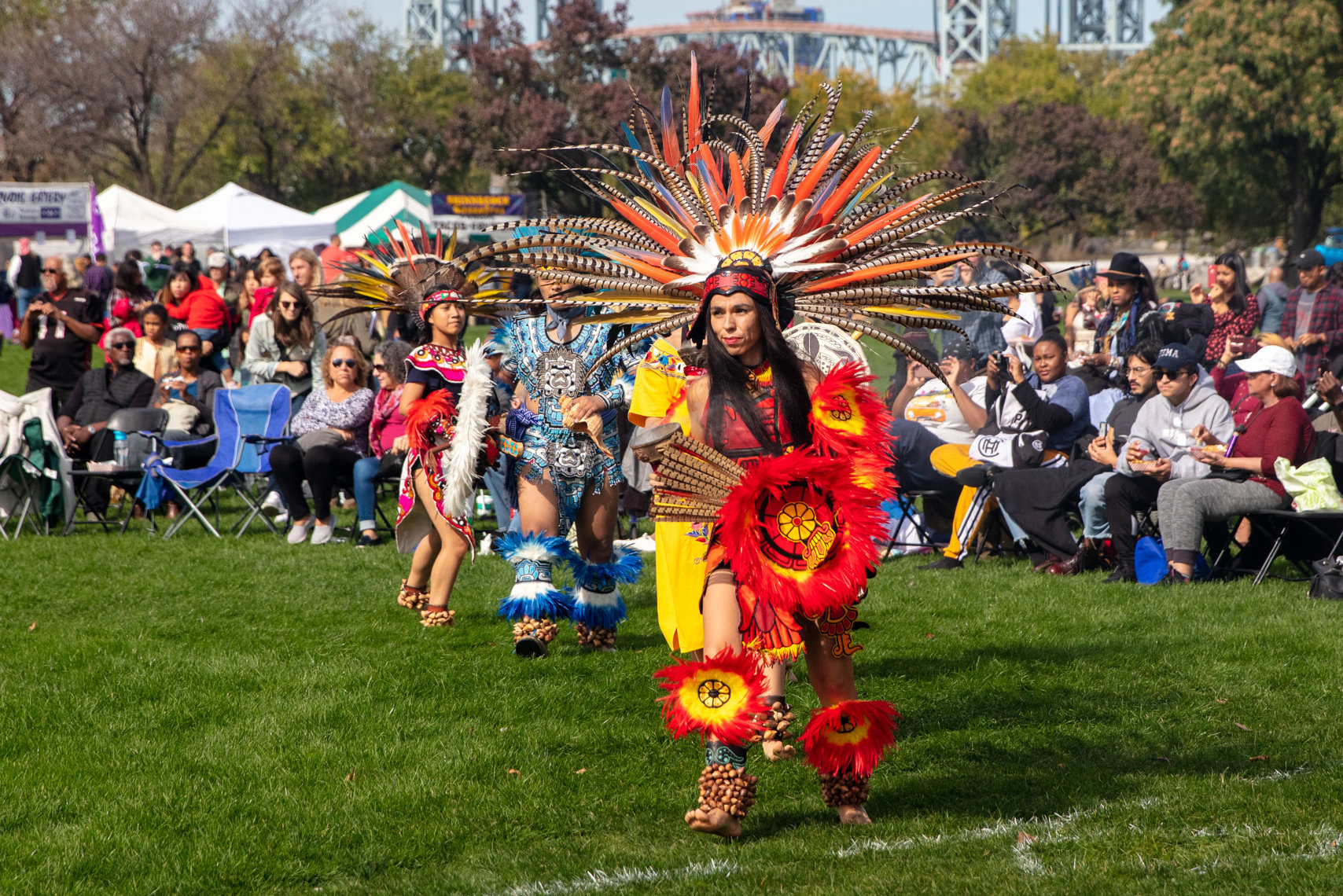On October 11, cities across the U.S., excluding NYC, celebrated Indigenous People’s Day formerly known as Columbus Day. It is worth exploring how indigenous groups across the U.S. fought for this day to be recognized by the state and federal government before discussing the lack of events in NYC.
The idea was initiated by Indigenous peoples of the Americas at the 1977 United Nations (UN) Conference in Geneva. A lot of people took part in making it happen including Jimmie Durnham, a Cherokee artist-poet and the first director of the International Indian Treaty Council (IITC). This event was very significant for Indigenous people as this was the first time they were able to speak for themselves at the UN and it eventually led to the UN Declaration on the Rights of Indigenous People in 2007. This declaration among many things declared that October 12 would be declared as an International Day of Solidarity with the Indigenous Peoples of the Americas.
Unfortunately there were no city sponsored events or celebrations created by NYC for this important day, at the time of this article, because the city still doesn’t recognize Oct 11 as Indigenous Peoples’ Day. There is hope that this has the potential to change because the following day, Governor Kathy Hochul signed the state of New York’s first ever proclamation recognizing Indigenous Peoples’ Day. For now, the city has instead chosen a route of trying to find a compromise by recognizing both Indigenous Peoples’ Day and Columbus Day, also naming the day Italian Heritage Day. This move is contradicting as Cliff Matias, Taíno & Kichwa, a co-founder of the annual New York City Indigenous Peoples’ Day celebration on Randalls Island, (while they are hosted by various Indigenous groups the celebrations are not officially recognized by the city) points out in an interview with Native News Online that “Indigenous Peoples’ Day was created as an answer to Columbus Day” and to say that “we have survived that dude… our traditions and cultures are still here.” Of course, to celebrate both days together means that you are undermining the significance and importance of Indigenous Peoples’ Day to indigenous people.
Despite the ongoing presence of the COVID-19 pandemic the unofficial celebration still took place this year with an attendance of 150 tribal nations alongside visitors, guest speakers, and musical performances. Chenae Bullock, Shinnecock Nation, alongside Matias have made clear that through celebrations and other events like these that they will advocate for city-state wide recognition of this day.
NYC must recognize Indigenous Peoples’ Day. Doing so would be beneficial to the Indigenous Peoples living in New York City and we as a city can show our own commitment to the social cause of Indigenous sovereignty.











